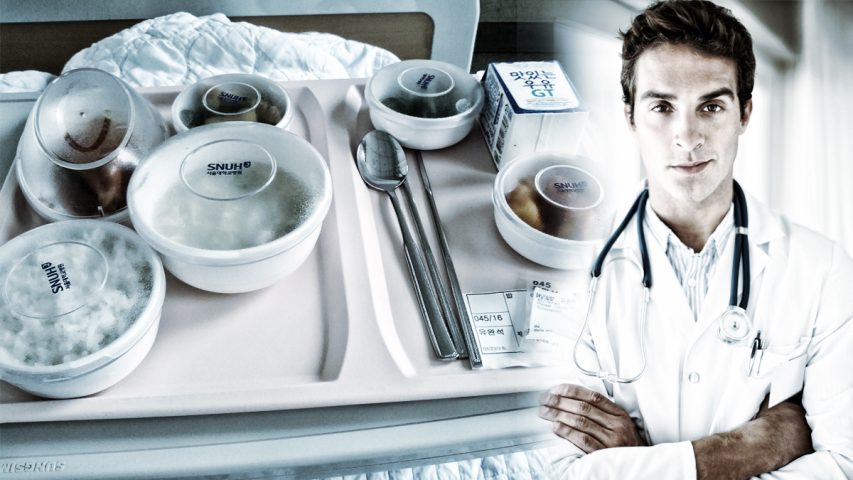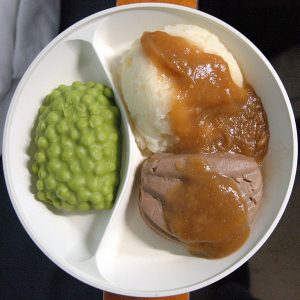- Have any questions? Contact us!
- info@dr-rath-foundation.org

Giordano Bruno – martyred for being years ahead of his scientific contemporaries
January 5, 2017
Promoting Old Drugs For Dangerous New Uses: Study Claims Calcium Channel Blockers Stop Spread Of Cancer
January 19, 2017Hospital Food And Nutrition Classes In Medical Schools: Can You Work Out What The Connection Is?

Some eye-opening research analyzing the dietary habits of National Health Service hospital staff in Scotland last year revealed that, in a typical working day, doctors and nurses manage to consume only two of the officially recommended five portions of fruit and vegetables. Carried out by the Royal Voluntary Service, a volunteer charity organization, the study additionally discovered that 29 percent of hospital staff eat just one portion of produce daily, with 41 percent consuming one or none. Aside from the matter that even eating five portions of fruit and vegetables a day still arguably gives insufficient levels of nutrients for optimum preventive health, the findings provide a good illustration of why bottom-up reform of our healthcare systems is essential.

Food image: By U2em (Own work) [CC BY-SA 3.0], via Wikimedia Commons – Collage: Dr. Rath Health Foundation
Most hospital food amounts to medical negligence

Would YOU eat this? Image: By Siobhan from Upstate New York (Day three — Hospital food) [CC BY-SA 2.0], via Wikimedia Commons
Given the extraordinarily minor role that nutrition plays in modern medical school teaching, it is no coincidence that the food served to hospital patients tends to be dismally unappetizing. In no small part, far from primarily being caused by a lack of funding as is sometimes claimed, the growing global healthcare crisis is essentially the result of patients being overmedicated with toxic drugs while their nutritional needs are treated with a cavalier disregard that borders on outright medical negligence.
But while nutritious cuisine may be a rarity in modern hospitals, this is sadly not the case for junk food. Revealingly, a U.S. study published in 2006 surveyed children’s hospitals and found that 59 out of 200 had fast food restaurants located in them. Moreover, in a survey of parents, the presence of a McDonald’s restaurant in a children’s hospital was associated with significantly increased purchase of McDonald’s food; a belief that the McDonald’s Corporation supported the hospital financially; and – perhaps most tellingly of all – a higher rating of the healthiness of McDonald’s food.
Making natural preventive healthcare a human right

As Dr. Rath describes in the Barletta Declaration, a comprehensive state of health and well-being for the people of the world cannot be achieved by an interventional system of medicine that merely treats diseases when they occur. To the contrary, our goal has to be to switch the focus of healthcare from intervention to prevention – that is, towards averting and correcting the malfunctioning of the body before diseases develop. Nutritional and Cellular Medicine are fundamental to this, as also therefore is reform of the medical teaching curriculum.
In what could be a small but promising step in the right direction, the Royal Voluntary Service is currently in the process of transforming its UK hospital cafes, shops and trolley services into hubs for healthy eating. Who knows, if this results in the dietary habits of doctors and nurses being improved, perhaps they might begin to take a proper interest in the nutritional status of their patients?



